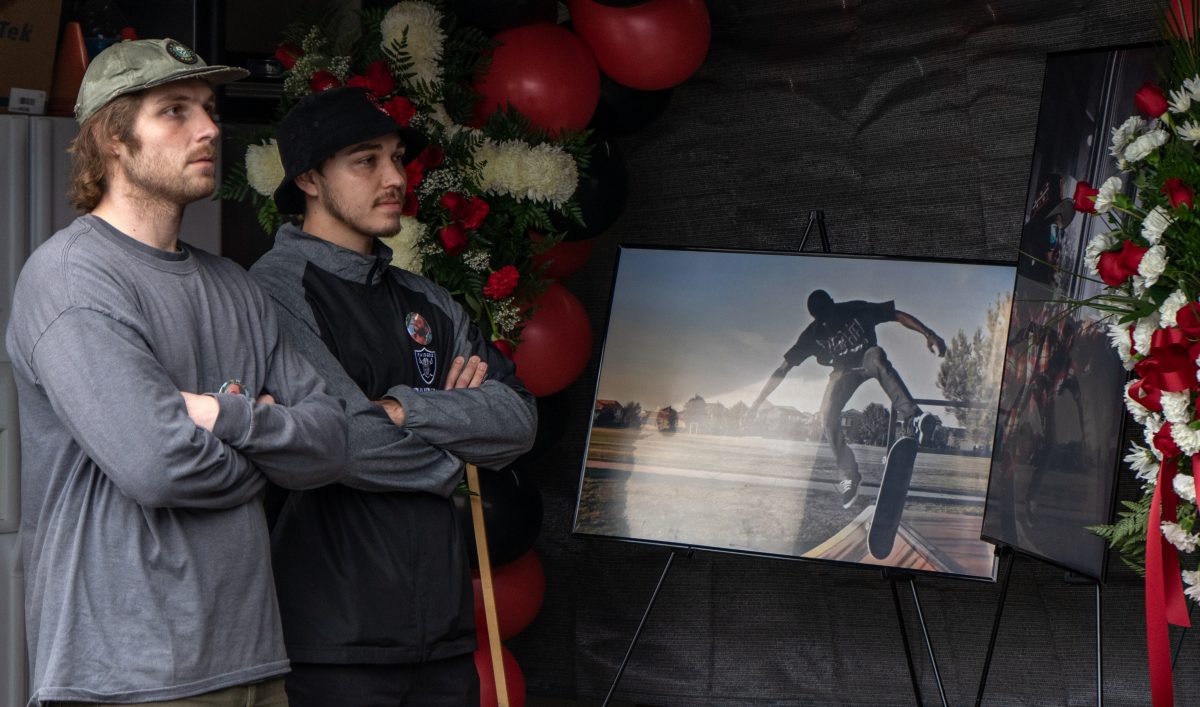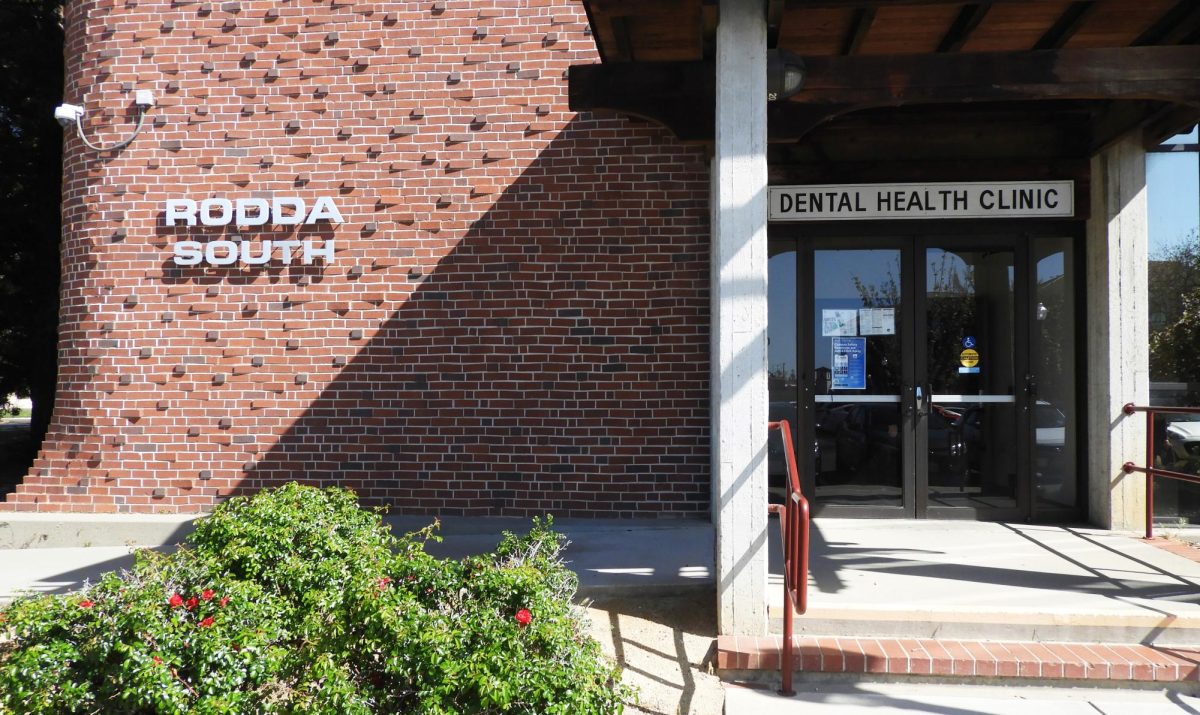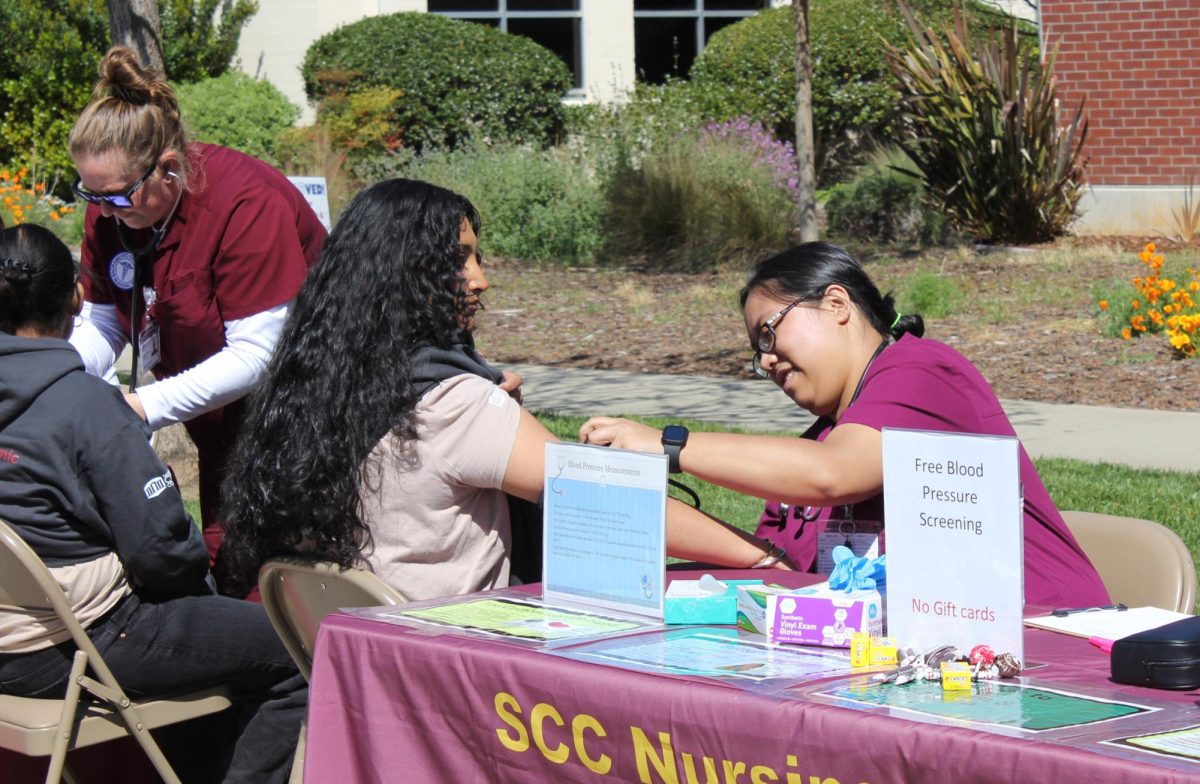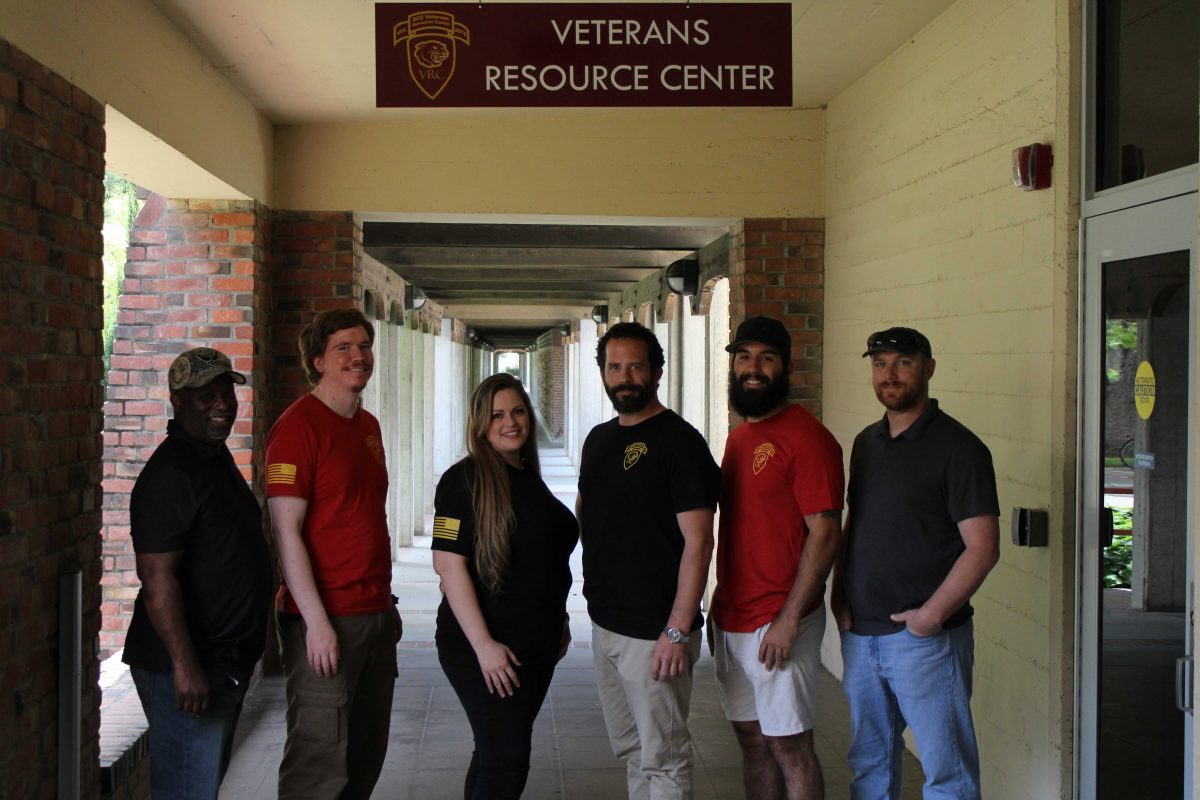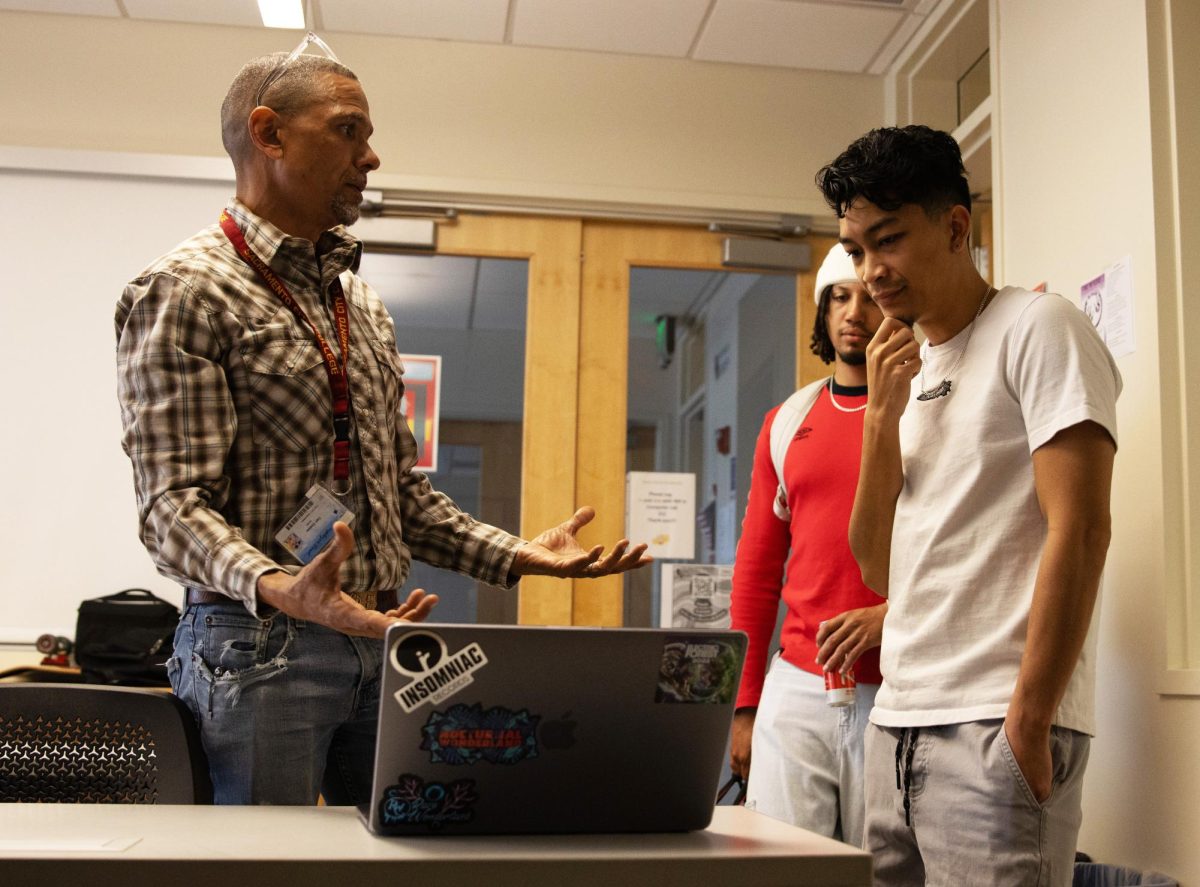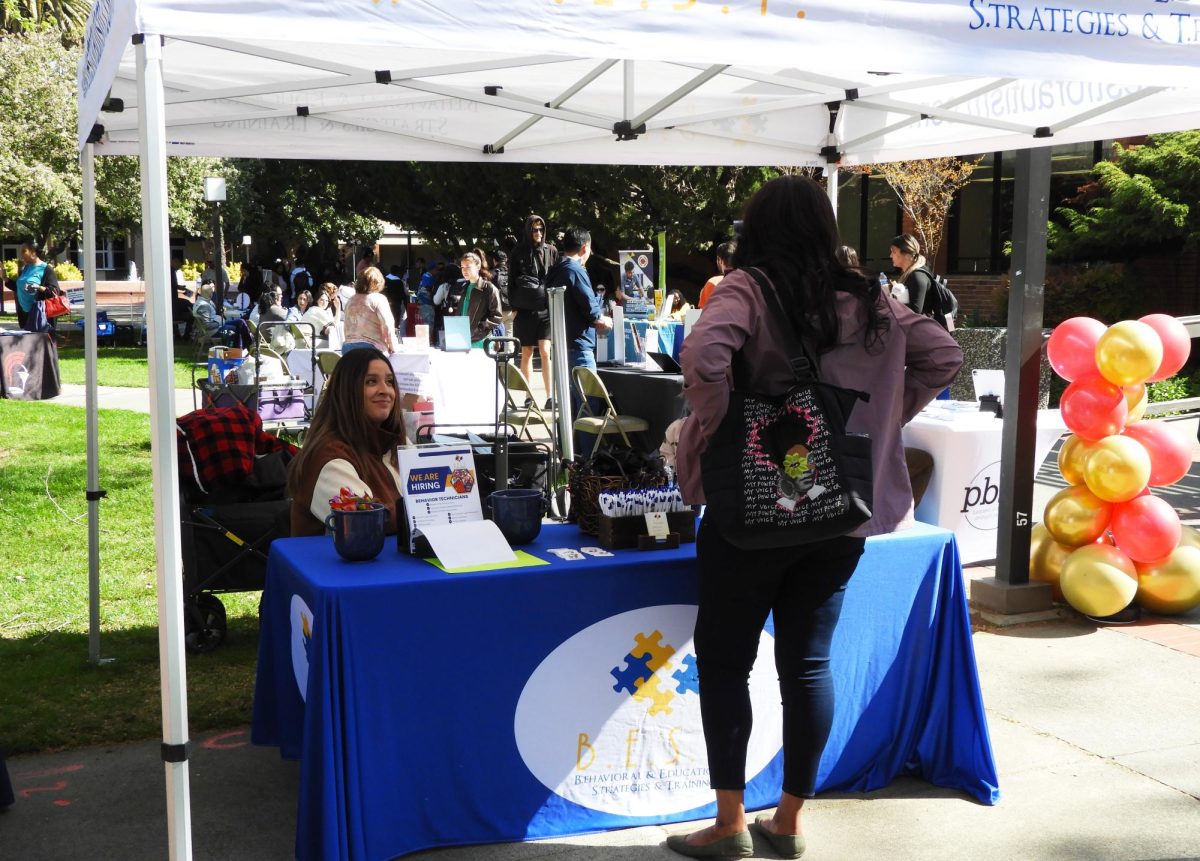City College’s Veterans Resource Center moved into a new facility on campus this semester, allowing it to expand its services and better help student veterans.
Jake Hughins, the founder of the VRC, said that, “This move will allow us to provide an enabling environment for participants to learn as much as they can in a supportive ecosystem.”
The COVID-19 pandemic has had a disruptive effect on the operations of the Veterans Resource Center by necessitating a shift to online platforms, adversely affecting a population that relies on its social network and physical interactions for both their mental and emotional well-being.
In spite of these changes, the Veterans Resource Center has made a lot of progress in ensuring that it can adapt to the new reality by accommodating the needs of its members within the available restrictions, according to Hughins .
The veteran sees the changes as similar to an old saying his grandfather once taught him. : “The oak fought the wind and was broken, the willow bent when it must and survived.”
Although there was a lot of anxiety about the crisis, and how veterans would cope when the pandemic started, the community has aligned its operations with the current reality. Presently, it has a hybrid model; it combines virtual learning and engagements with in-person events.
The City College Veterans Resource Center hosts an open house for the grand reopening Wednesday, April 27. Photo Credit: Abby Similien / asimilien.express@gmail.com
This approach has proven to be effective in ensuring it can comply with the safety and health precautions while also providing a means for veterans to achieve a return to normalcy, according to Hughins. The center is being informed by a people-centered approach that considers veterans’ unique needs in the design and implementation of interventions.
The center provides such services as a computer lab, appointments with a VA counselor and a place to socialize with fellow veterans. About 300 veterans use the center each semester, Hughins said. The Veterans Resource center is used for training and skill development, while also providing an environment for members of this community to network and get the assistance they need to achieve both personal and professional development.
One of the beneficiaries of the center stated that there is a move within the center to ensure it can re-introduce physical services as fast as possible, without compromising the health and well-being of its members. There is a readjustment counselor who provides guidance and counseling to the members as they navigate through the transition necessitated by this crisis.
The center faces these challenges with the same grace and courage that they have utilized to serve this country. The transition to normal operations can ensure they can continue having the opportunity to make a difference in their community.

